Scientists Say
A weekly word defined, in a sentence and in context.
-
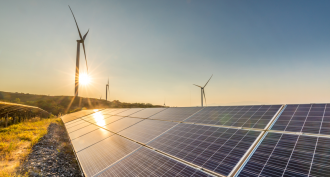 Physics
PhysicsScientists Say: Power
This word describes the rate at which energy is delivered or used to do work, along with related ideas, such as ways of making electricity.
-
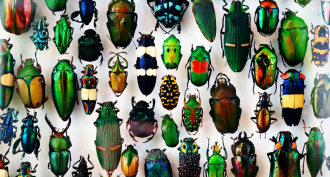 Animals
AnimalsScientists Say: Species
This word describes organisms grouped by their similarities in genetics and physical traits. But defining species can be tricky.
-
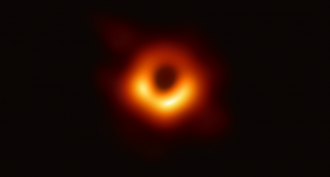 Space
SpaceScientists Say: Black hole
This is an object in space with such a strong gravitational pull that nothing, not even light, can escape
-

Scientists Say: Hypothesis
A hypothesis is an idea that scientists propose, then study and explore, to explain phenomena in the natural world.
-
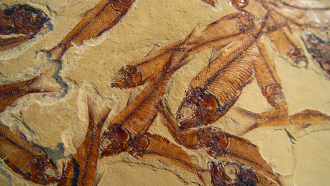 Fossils
FossilsScientists Say: Paleontology
This is the study of prehistoric life based on fossils of microbes, plants, and animals found in rock.
-
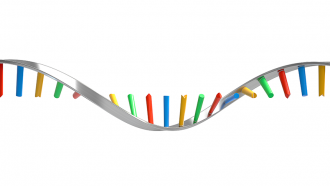 Life
LifeScientists Say: RNA
This is a molecule that helps cells make proteins from the instructions encoded in DNA.
-
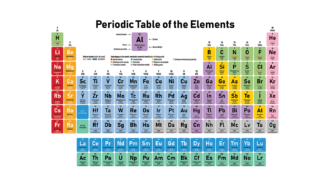 Chemistry
ChemistryScientists Say: Periodic table
The periodic table is a chart showing all the known chemical elements. An element’s location in the table reveals a lot about its chemistry.
-
 Health & Medicine
Health & MedicineScientists Say: Lymph
Lymph is a colorless fluid that bathes the body’s tissues and mops up bacteria, viruses and wastes.
-
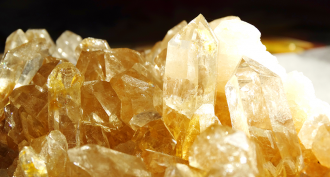 Materials Science
Materials ScienceScientists Say: Crystal
The atoms or molecules in crystals take on a particular, repeatable pattern.
-
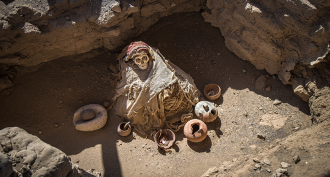 Archaeology
ArchaeologyScientists Say: Mummy
Mummies are dead bodies that don’t rot. They can form under natural conditions or because of chemicals that stop decay.
-
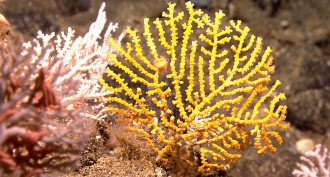 Life
LifeScientists Say: Zooxanthellae
Algae called zooxanthellae live in the tissue of coral and provide the coral with food and its color.
-
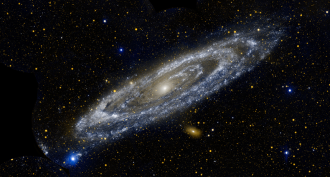 Space
SpaceScientists Say: Galaxy
A galaxy is a group of millions to billions of stars, plus a lot of dust and gas.